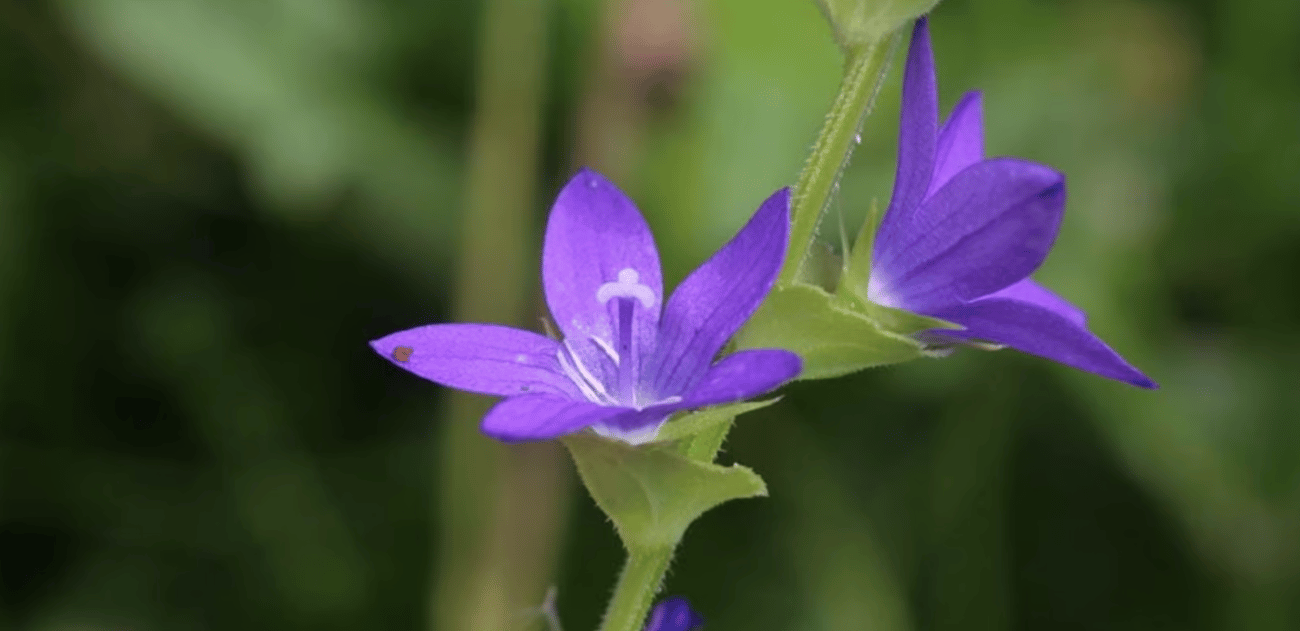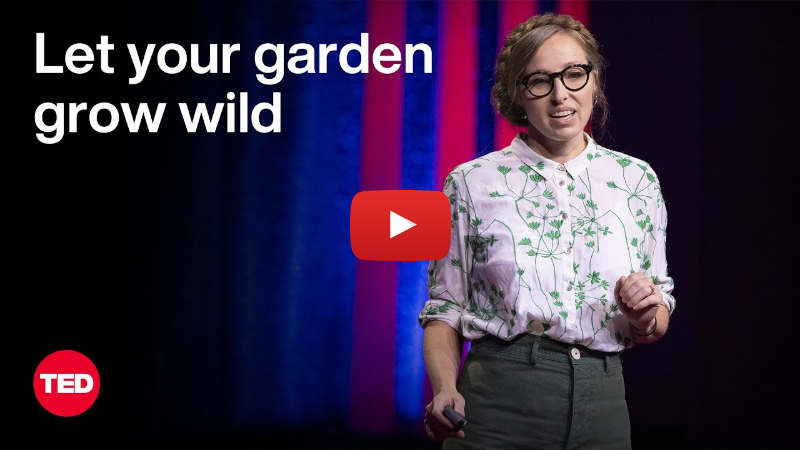|
|
|
POLICY: |
|
It's National Native Plant Month! |
 |
|
In a time of political polarization, it is surely noteworthy that a resolution to declare April as National Native Plant Month passed unanimously in the US Congress in March. Learn about the impetus behind this effort, led by the Garden Clubs of America and its partners, or click on the button below to read the individual state proclamations and more. This annual re-designation prompts optimism for further support for native plants, such as North Carolina's recent bipartisan law (page 604) and the City of Somerville’s native plant ordinance. What more can be built upon such a foundation of consensus, at local, state and federal levels?
|
| Learn More |
|
|
|
|
|
INSIGHTS: |
|
Microhabitat Programs as Native Plant Refugia |
 |
Venus’s Looking-glass (Triodanis perfoliata).
Source: Steven J. Baskauf http://bioimages.vanderbilt.edu/
|
|
|
|
A chance plant encounter in his backyard prompted Tom to create an in-situ refugium for Venus’s looking-glass (Triodanis perfoliata), a regionally common but locally rare plant. This encounter forms the backdrop for a recent article that Tom authored, articulating a growing conviction: That microhabitats can and should play an important role in bridging populations of vulnerable (but yet unlisted) species of native plants, not just to help preserve ecosystem function locally, but also to assist with climate adaptation.
|
| Read Tom's New Article |
|
|
|
|
|
TED TALK: |
|
Let Your Garden Grow Wild |
 |
|
Rebecca McMackin speaking at TED.
Source: TED Website
|
|
The awesome Rebecca McMackin, ecological horticulturist and former Director of Horticulture at Brooklyn Bridge Park, spoke at TED in October 2023. The video was recently released. In her talk, McMackin makes a simple and evocative case for native plants and eco-friendly management practices in the garden, in this time of climate and biodiversity crisis. Consider including this video in your advocacy toolkit to help communicate with those who are not yet familiar with the cause. |
| Watch the TED Talk |
|
|
|
|
|
GRANT OPPORTUNITY: |
|
Invasive Species Eradication Funding Opportunity |
 |
|
Oriental bittersweet (Celastrus orbiculatus), a widespread invasive plant in the US Northeast and Midwest.
Source: Pixabay
|
|
This grant opportunity, offered by the US Fish and Wildlife Service, Department of the Interior, is currently open until May 27, 2024. According to the grant description, “…proposals will be considered for on-the-ground projects that eradicate an invasive species or those projects that advance research that increases the effectiveness and near-term availability of eradication tools.” |
| Read more details about this grant |
|
|
|
|
|
What is a “Microhabitat Program”? |
|
Microhabitat programs restore ecosystem function in the fragmented landscape be it for people or biodiversity or both. Examples include community-scale efforts to create backyard habitats, bioswales in urban areas, pollinator patches along agricultural margins and more. |
| Learn More About The Microhabitat Program Incubator |
|
|
|
|
|
Interested in supporting our work? |
|
Donate today. Your support allows us to provide pro bono services to community-based nonprofits to help them create and share community-scale climate adaptation strategies—such as microhabitat programs. |
|
|
|
|
|
|
 |
|
We help community-based organizations invent, share and grow replicable, climate adaptation solutions. Our flagship project is the Microhabitat Program Incubator. |
|
|
|
|